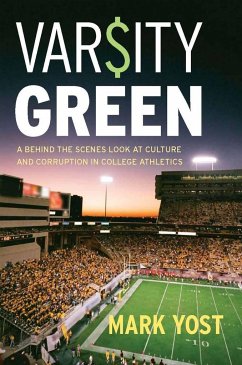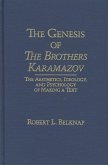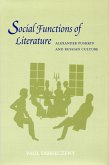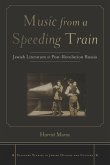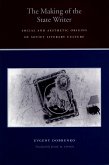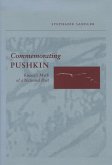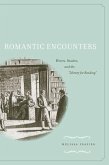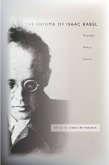The introduction discusses the Russian contribution to modern theories of intertextuality, questions some conventional wisdoms of current critical radicalism, and outlines the author's moderately post-structuralist approach to "close rereading". The author focuses on such major instances of intertextuality as dialogues between authors' entire oeuvres; uses of a common topos by different authors; modern derivations from classical prototypes; exchanges between contemporaries; and multiple intertexts converging on a single text. The book's five parts take up these cases in a systematic way. "Rereading" by definition claims novelty, and the author's rereadings are often striking in their originality. Tolstoy's "After the Ball" is correlated with such disparate contexts as the post-revolutionary Zoshchenko, the post-Stalin Ginzburg, and archaic wedding rituals. Selected Passages is read as a "regular" Gogol text in light of the post-modern Sasha Sokolov. Ilf and Petrov yield unexpected links to Dostoevsky, while Limonov is found to be rewriting Derzhavin. A chapter on Pushkin and Bunin stories establishes a virtual dialogue between their respective critics, Gershezon and Vygotsky, and ends up by revising the latter's famous analysis of "Gentle Breathing". The study of Pasternak's 1930's "aesthetic collaborationism" challenges the accepted view of him as either an oblivious Poet above the fray or a declared dissident. Finally, a modern short story, Platonov's "Fro" - is interpreted as a cluster of variations on, simultaneously, a mythological archetype, a classical model, a contemporary target, and the writer's own invariant plot.
Hinweis: Dieser Artikel kann nur an eine deutsche Lieferadresse ausgeliefert werden.
Hinweis: Dieser Artikel kann nur an eine deutsche Lieferadresse ausgeliefert werden.

